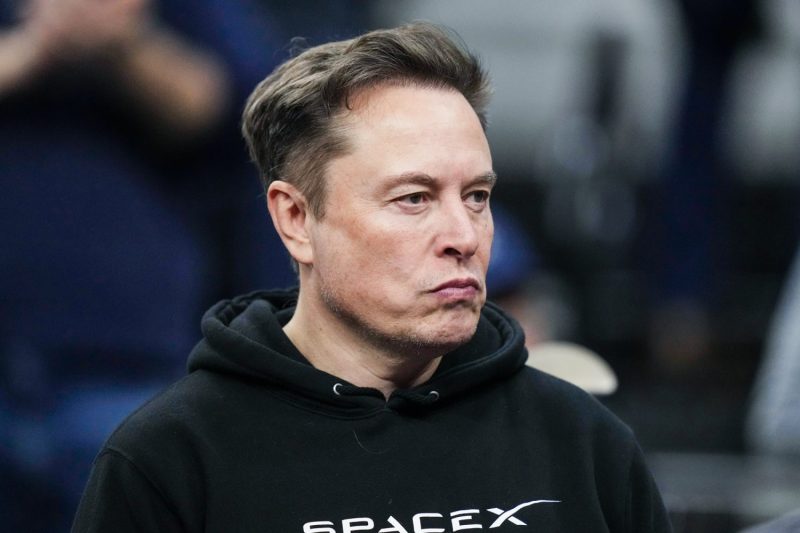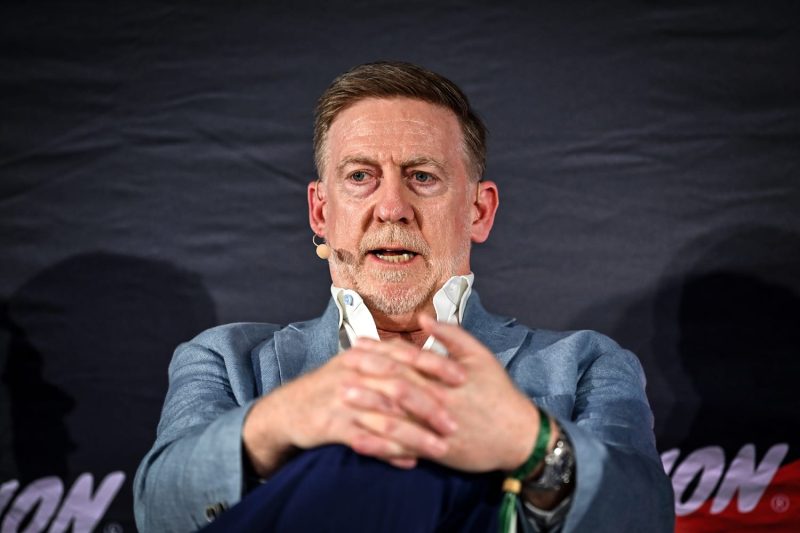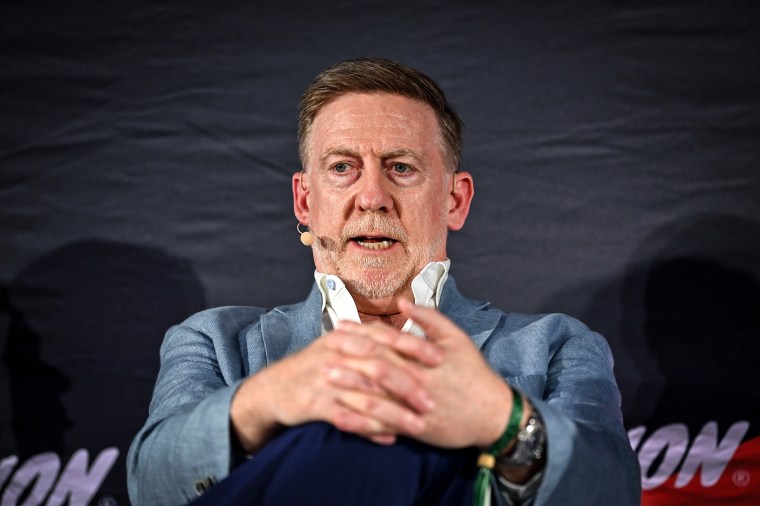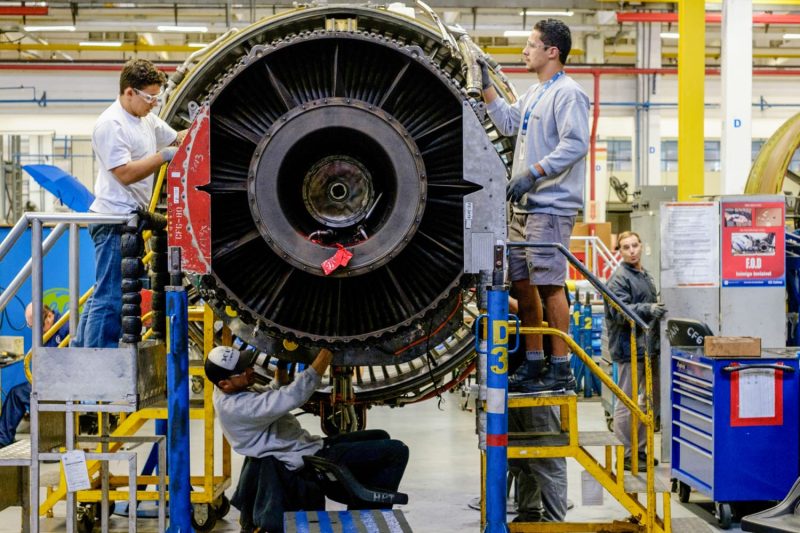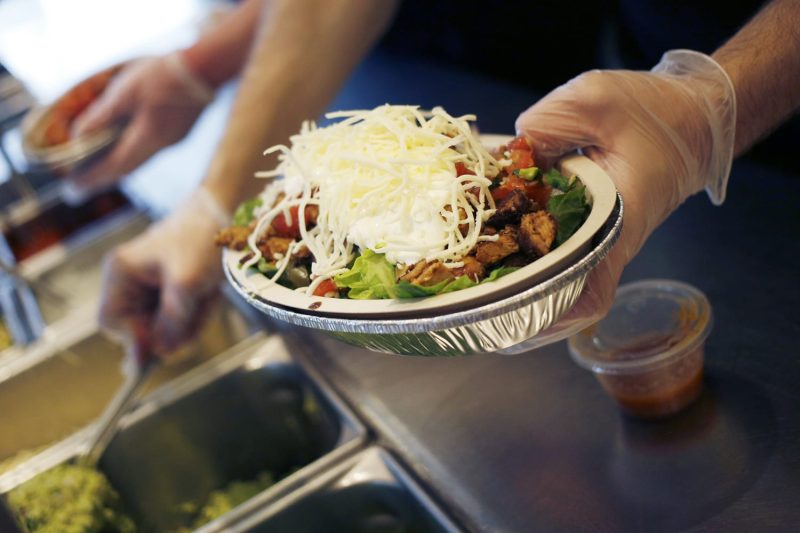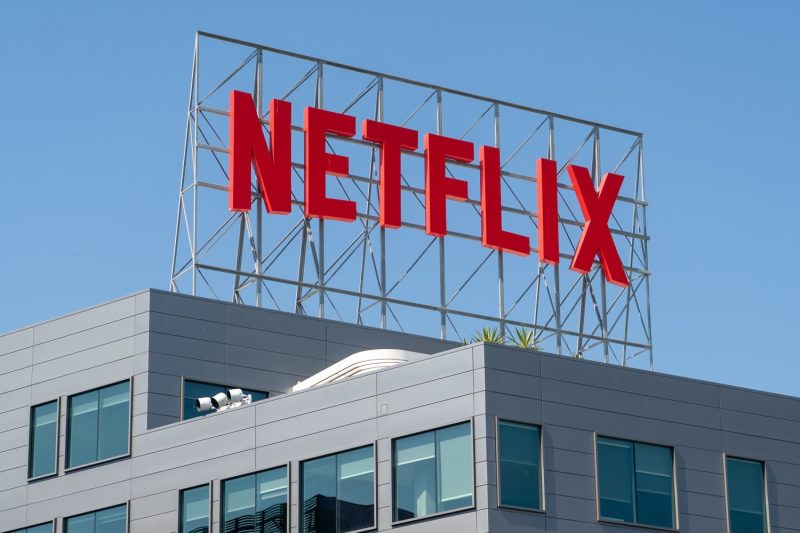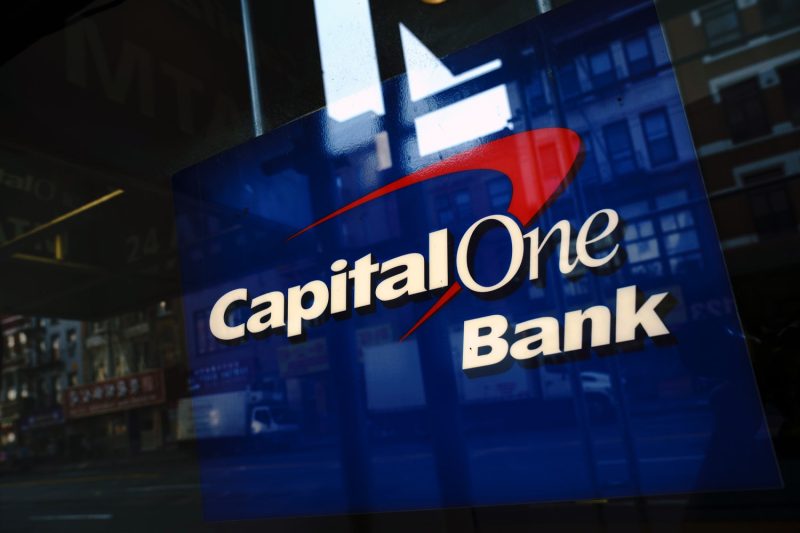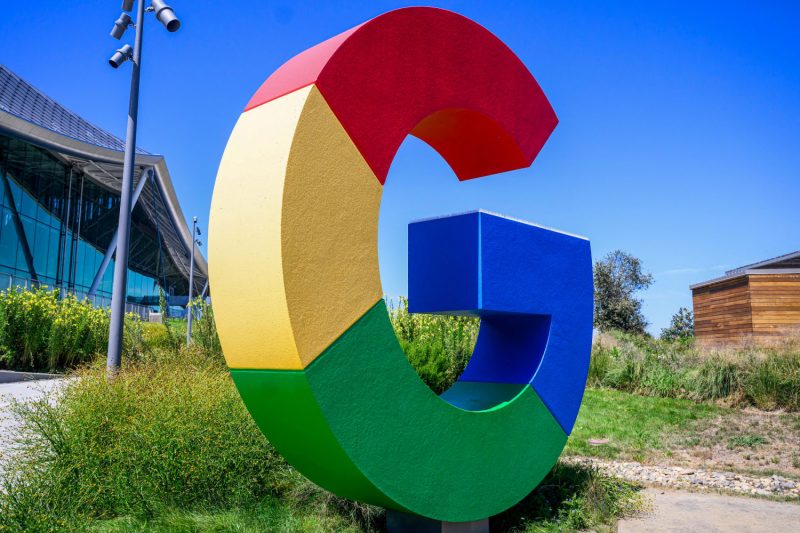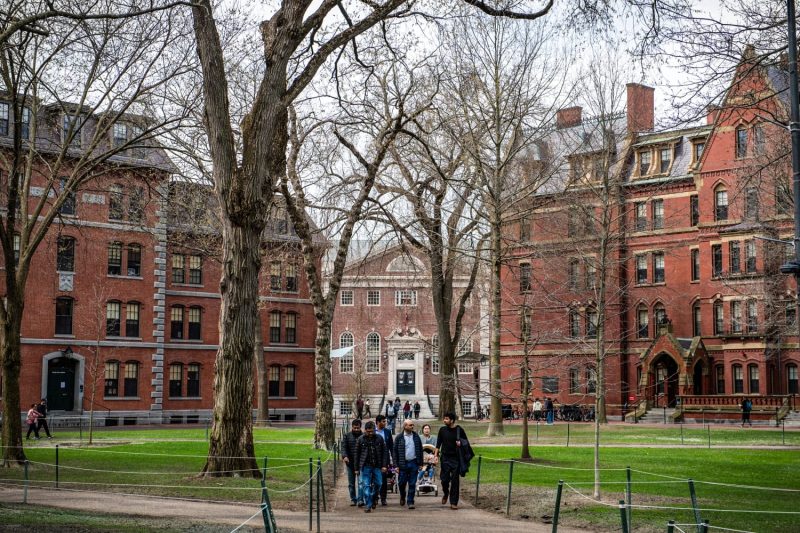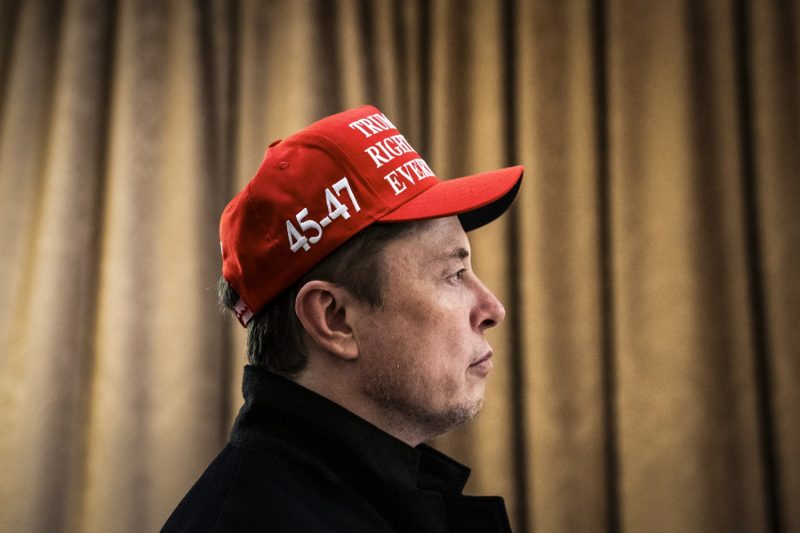
It might be time for Tesla CEO Elon Musk’s own fork in the road.
The electric carmaker is set to report quarterly earnings Tuesday afternoon that may say a lot about which direction Musk and the company he has ridden to immense wealth will go next.
The company will update investors on revenue, profit and other key figures after months of turmoil as Musk continues to dedicate a large portion of his time to the Trump administration’s attempt to radically remake the federal government, far away from his corporate responsibilities at Tesla, SpaceX and his other companies.
With Tesla’s stock and brand reputation getting pummeled — and with President Donald Trump’s tariff policy threatening to upend the automotive market, Tesla included — many Tesla investors have called on Musk to scale back or end his government work entirely and return his focus to business.
The Trump administration has sent “fork in the road” emails encouraging federal workers to consider quitting their jobs.
Even some of Tesla’s loudest proponents, such as Daniel Ives, managing director at Wedbush Securities, have lost patience with how Musk is dividing up his attention.
“This is a moment of truth for Musk,” Ives told NBC News. “If he picks staying with DOGE and the Trump White House, the future of Tesla could be negatively altered permanently. The brand damage he’s created by being part of the Trump administration has already been a devastating blow to Tesla’s reputation, stock and confidence. … He’s made Tesla into a political symbol, which is one of the worst things that can happen to a consumer brand.”
DOGE refers to the Department of Government Efficiency, Musk’s team of staffers spread throughout the executive branch helping to order spending cuts. Musk is a “special government employee” who’s expected to leave the Trump administration at some point, but with no set date to depart.
Musk and Tesla didn’t immediately respond to a request for comment Monday afternoon on whether he is stretched too thin and, if so, what they might do about it.
Tesla is due to report earnings after the market closes. It also is scheduled to host a conference call with Wall Street analysts, and Musk sometimes joins the calls.
Several possible paths lie ahead for Musk and Tesla, and it’s not clear which is most likely. Musk could scale back or end his White House job and spend more time at Tesla. Or he could quit as Tesla CEO and keep his focus on politics, putting the company’s future and brand in someone else’s hands.
The status quo may also endure, with Musk continuing to bet that he has enough attention for everyone.
Tesla’s stock price has provided a snapshot of the tumultuous run since Musk threw himself into the Trump administration. While its stock price is almost even with where it traded in the days ahead of the election, its shares are down more than 50% from their December peak. Still, Tesla’s total market cap remains just above $700 billion, well above those of its auto industry competitors but below those of major tech companies.
On Monday, Tesla shares plunged again ahead of the earnings report, falling 5.8%.
Tuesday will mark Tesla’s first earnings report since the full extent of Musk’s government role and ambitions became clear. Tesla last reported on its financials on Jan. 29, early in Trump’s second term.
In the past year, Musk has somewhat aggressively started to pivot Tesla into new possible lines of business, including a proposed Cybercab autonomous vehicle and a potential robotic humanoid called Optimus, although the company hasn’t shipped either of those products and some on Wall Street are skeptical that they’ll be successful.
In a note to clients, Wells Fargo stock researchers said they expected to hear more from Tesla on Tuesday about Cybercab and Optimus, but they called those subjects “razzle dazzle” that “distract from fundamentals.” Wells Fargo has a price target of $130 a share for Tesla, far below the $227.50 close on Monday and near the low end of analyst price targets, according to The Wall Street Journal.
Tesla has already issued warning signs about its health. It reported April 2 that vehicle deliveries in the first quarter declined 13% from a year earlier, battered by rising competition and fallout from Musk’s involvement in politics.
Hundreds of protests at Tesla showrooms have also weighed on the company. Under the banner of a “Tesla Takedown,” opponents of Musk and Trump’s government policies have targeted the company to try to gain leverage over Musk, and demonstrators have continued to swarm Tesla locations, especially on weekends.
Allen Adamson, a co-founder of Metaforce, a marketing and brand consultancy, said that if any other corporation faced a similar image problem, the board of directors might have stepped in to switch out the CEO. But Tesla’s board is famously close to and supportive of Musk.
Now, Adamson said, Tesla faces risk whichever path it and Musk follow.
“Musk is the magic that has fueled the stock price,” he said. “If he steps aside [as Tesla CEO], he takes the rocket fuel out of the Tesla stock price, but if he stays, he’s equally damaging the company’s prospects.”
One unknown factor is how much of the damage to Tesla’s brand is permanent. In other words: If Musk were to leave the White House and return to business, would there be any improvement in the brand’s public esteem?
Ives said it’s hard to measure the damage Tesla has sustained.
“It’s taken on a life of its own that he never expected — this has become something bigger and much more of a raging fire than he ever expected around Tesla,” he said. “He sells a consumer brand globally, and the demand destruction … you can’t wear rose-colored glasses about it, and to not see it would be smoke and mirrors.”
If Musk does turn his attention back to politics, he’d still have an enormous challenge to rebuild the company’s reputation, Adamson said. He said that Musk would need to stop other polarizing behavior, such as posting on X about controversial topics, and that he would have to improve the company’s innovation. Tesla has launched only one new consumer vehicle since 2020, and that product, the Cybertruck, isn’t widely popular.
“I don’t think he can pull a rabbit out of a hat fast enough to prevent a continued spiral down,” Adamson said.



